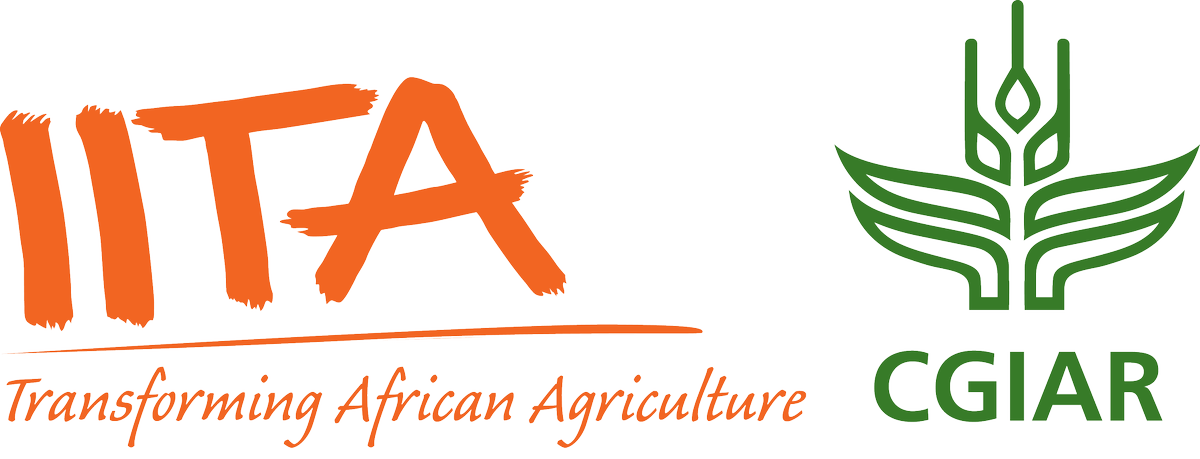-
TAAT Training beneficiary database
The Technologies for African Agricultural Transformation (TAAT) is a program initiated by the African Development Bank (AfDB) as part of its Feed Africa Initiative. The main... -
TAAT Demo Promo Compaign Database
The Technologies for African Agricultural Transformation (TAAT) is a program initiated by the African Development Bank (AfDB) as part of its Feed Africa Initiative. The main... -
TAAT beneficiaries reached - Seed Dissemination
The Technologies for African Agricultural Transformation (TAAT) is a program initiated by the African Development Bank (AfDB) as part of its Feed Africa Initiative. The main... -
Don’t panic, maize plants can compensate significant damage by the Fall Armyw...
Assessing how maize plants damage at different injury levels can recover and reproduce -
Littovir-Spodovir dataset
LITTOVIR is a biological insecticide based on the Spodoptera littoralis nucleopolyhedrovirus (SpliNPV) for the specific control of the larvae of the African Cotton Leafworm... -
Fall armyworm in Cameroon: distribution, damage, pesticide use, genetic diffe...
Maize farmers in sub-Saharan Africa recently experienced unusual damage in their farms, attributed to the fall armyworm (FAW) Spodoptera frugiperda (J. E. Smith). This pest was... -
Efficacy of maize varieties against Spodoptera frugiperda (Lepidoptera: Noctu...
Determine the effect of maize varieties on fall armyworm populations -
Impact of different technologies against Spodoptera frugiperda (Lepidoptera: ...
Assess the link between damage, abundance and yield -
Efficacy and cost-effectiveness of different technologies against Spodoptera ...
Assess the field biophysical efficacy of different products against FAW and determine the cost-effectiveness of different technologies; -
Spatiotemporal infestation of maize by FAW and stemborer in Cameroon
Biological invasion is a global concern with species deployed out of native range, the most recent in Africa being the invasion by Fall armyworm (FAW) Spodoptera frugiperda J.E....
